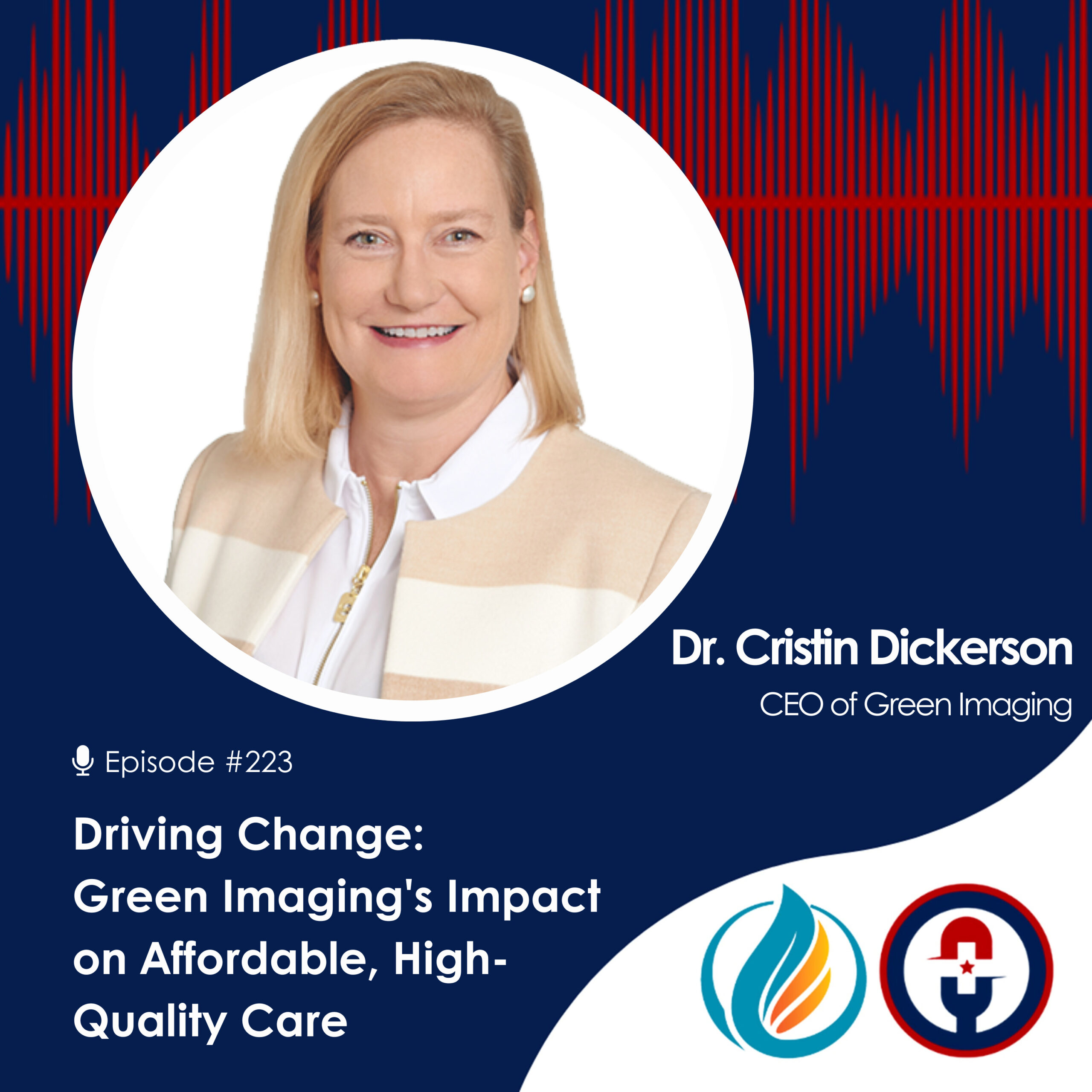How High Drug Pricing is Part of the Plan (& Part of the Problem)

A Legal Drug Cartel
Sometimes it seems like the more things change, the more they stay the same. When it comes to America’s traditional healthcare system that mantra certainly holds true. Ever since spiraling, out-of-control health care costs came to the forefront of national politics, the established players seem to be unable or unwilling to contain or control healthcare’s ever-growing share of the national GDP. Nothing politicians have passed or proposed has been able to stop or slow rising prices and premiums.
"Healthcare is expensive because those that provide medical goods and services can charge whatever they want - sometimes with no apparent rhyme or reason."
--- DR. CRISTIN DICKERSON, MD
A New Era of Legal Profiteering
Healthcare consolidation, particularly in the pharmaceutical sector, has set the stage for a new era of legal profiteering. Conglomerates have succeeded in creating a playing field with only one or two meaningful players in each of the major healthcare markets: hospitals, traditional health insurance companies, and pharmaceutical companies.
The latter has come under intense scrutiny in recent times as outrageous tales of corporate greed have come forth about the industry. And while some of these stories, such as the story of convicted felon "pharma bro" Martin Shkreli, have been widely reported, these are but instances of a culture of privilege that is not only hurting the customers who depend on these drugs to survive but also American healthcare consumers in general.
Shkreli, you’ll remember, was the former chief executive of Turing Pharmaceuticals who raised the price of a life-saving drug, Daraprim, by over 5,000 percent.
While it may be tempting to chalk this outrageous story of greed up to the actions of a single selfish individual, this is entirely not the case. The whole healthcare system is broken in a way that encourages and incentivizes drug manufacturers to charge outrageous prices, knowing that insurance companies and the Federal government will pick up the tab. Ultimately, however, the costs are passed down to consumers and taxpayers.
Big Pharma, Big Prices
One the biggest stories to emerge from the pharmaceutical sector in recent times is the story of a company named Valeant. In 2015, Valeant (VRX) had a market cap of nearly $90 billion. The share price was $257 in late fall of 2015. Today, that number looks more like $16. That constitutes a 94% decline in value that wiped out many billions of dollars of investor wealth.
So what happened? It turns out the former Wall Street darling didn’t operate like a so-called traditional pharmaceutical company. Instead, it pursued an aggressive mergers and acquisitions strategy, purchasing smaller pharmaceutical companies, especially those with de facto or de jure monopolies, and then increasing the prices of their newly acquired drugs on a massive scale. Ultimately, the entire house of cards came tumbling down when it became clear that Valeant wasn’t so much a pharmaceutical company as it was a pirate operation designed to badly rip off health insurers and consumers by charging outrageous prices.
Unfortunately, the sad legacy of Valeant continues in the form of a business model built on purchasing the rights to drugs, especially those in niche markets or that hold a monopoly and jacking up the prices. Martin Shkreli, Turing Pharmaceuticals and a whole host of others have followed in Valeant’s footsteps. Worse, nothing these companies are doing is strictly illegal. That’s right, it’s legal (and very profitable) to jack prices up on drugs to which you own the rights.
Ultimately, high drug prices are but one aspect driving our nation’s unaffordable and unbearable and unsustainable healthcare costs. The same mixed up incentive structure is at work in nearly every facet of the healthcare industry, from hospitals to medical device manufacturers.
The truth is, healthcare is expensive because those that provide medical goods and services can charge whatever they want - sometimes with no apparent rhyme or reason. MRIs, for example, can cost as little as $400 or as much as $14,000. The only difference? Where you get the imaging procedure done (example: Green Imaging).
Truly Transparent Free Market Competition Is the Best Solution
In many ways, the problems besetting our healthcare system are a case study in corporate greed. However, it is perhaps more insightful to understand this corporate greed as a symptom of a system that has its priorities and incentive structures mixed up. In other words, it’s not a problem of capitalism, it's actually a problem of capitalism being abridged by third-party interventions.
Think about it this way: the free market encourages competition which, in turn, controls prices. Given equal access to information and viable alternatives, consumers will make cost-conscious choices that allow competitively-priced products and services to survive in the marketplace. This is an idealized free-market scenario. Our current system, as it exists, is far from ideal.
Two significant shortfalls in our healthcare system are the lack of price transparency and the lack of viable alternatives. How can a consumer make price comparisons when prices for even essential goods and services are hidden behind negotiated insurance rates and third-party payers? Furthermore, even if consumers knew that the drug that cost them a $50 co-pay actually cost $1,000, what can they do if that is the only drug available for their condition? Or, for instance, can a patient avoid a particular consolidated hospital chain if that chain operates the only hospital in town? These problems of lack of price transparency and competition are the systemic forces allowing profit-seeking companies and corporations to do as investors demand: seek profits. Ultimately, that means charging ever-higher prices which means that we as healthcare consumers will continue to pay the high price.








